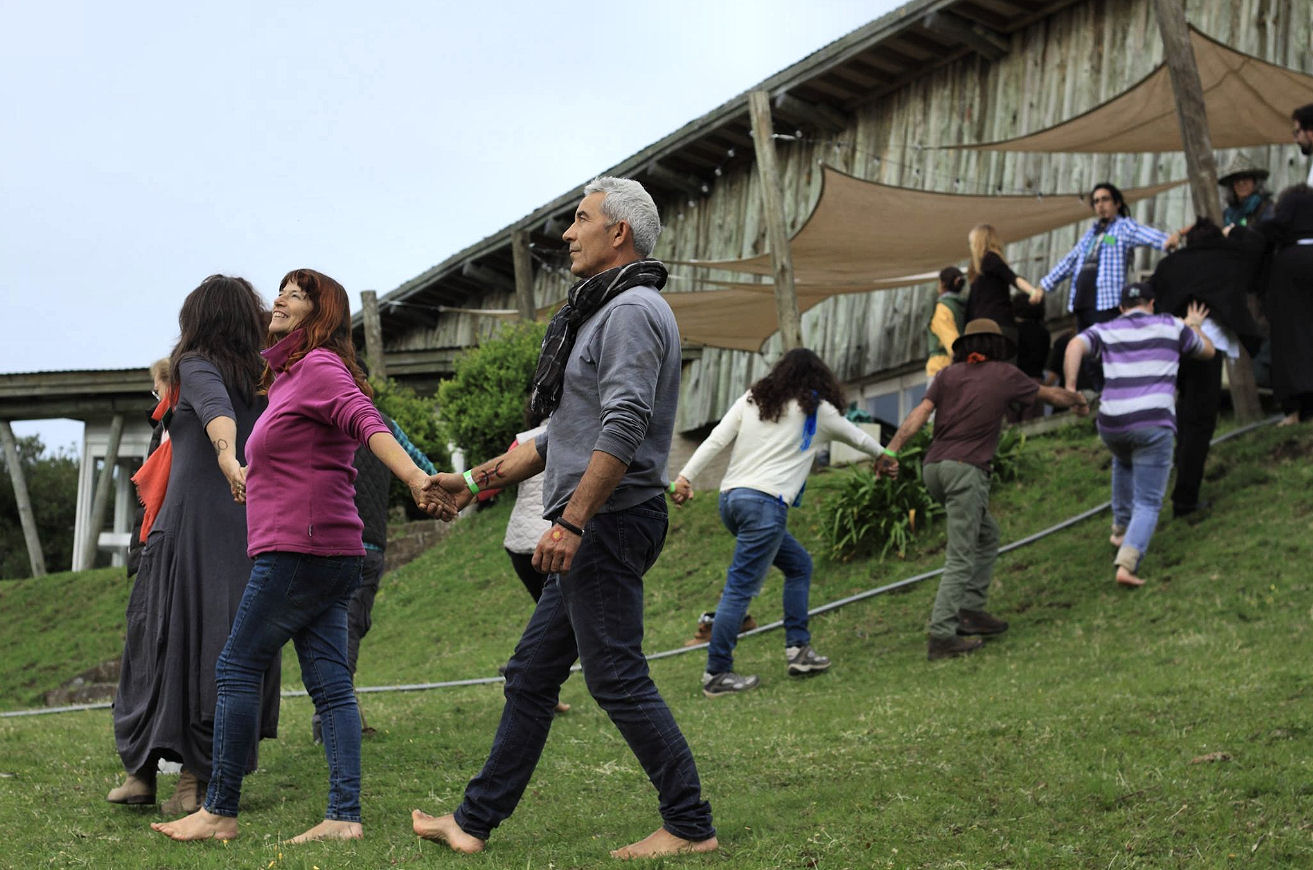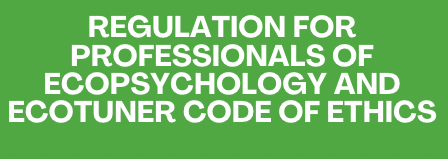Mission
IES aims to support and connect professionals working with Ecopsychology. This includes professionals in the field of Psychology as well as professionals from other areas who include Ecopsychology in their area of expertise and who want to align their work with the care of life and the world. These professionals should aim to facilitate the re-connection between human beings and nature and promote lifestyles that are in harmony with the natural environment.
IES also identifies as a scientific research institution that proposes the recognition of Ecopsychology as an inter- and trans-disciplinary area of knowledge. IES aims to deepen the epistemological, ontological and methodological foundation of the field and encourages cross pollination of ideas, research and theories with other disciplines. It also seeks to promote the teaching of Ecopsychology at an academic level and at independent institutions aligned with the principles of inter- and trans-disciplinarity.
IES does not adhere to any kind of partisan political expression, environmental or social activism, gender ideology or racial or gender discrimination. It does not require from its members any type of position on the matter, but respect and tolerance for different opinions. In his actions, it does not take a stand in any of the aforementioned aspects.
Vision
The association has the following objectives:
- To spread and deepen the concepts that are part of Ecopsychology, as a path of consciousness and professional practice.
- To support institutional projects and initiatives of IES’ representatives in their respective countries.
- To explore the interconnections between ecology and psychology as well as the relationship between these two disciplines and other branches of knowledge and culture such as those related to education, health, art, work and social transformation.
- To develop an interdisciplinary and trans-disciplinary approach to better understand and face the contemporary challenges of the relationship between humans and nature.
- To promote the evolution of ecopsychological thought and its practical applications, through scientific publications, magazines, books, eLearning and other forms of communication and dissemination.
- Promote and support the creation of a network of universities in which Ecopsychology is taught.
- To promote scientific research on topics related to Ecopsychology in connection with regional, national and international organizations, especially universities.
- To apply for and gain funds for research projects, training and social intervention at regional, national and international levels.
- Organize International Conferences of Ecopsychology and promote, on a local/country level, seminars, conferences, cultural, artistic and other events.
- To connect with professionals and students from different fields (including doctors, therapists, journalists, politicians, artists, entrepreneurs, community leaders and more) that share the vision of Ecopsychology and who are willing to integrate it into their lives and respective fields so as to promote the diffusion of a wider personal awareness and a greater environmental awareness.
- To create alliances between other Ecopsychology associations and academic, therapeutic, cultural, and environmentalist fields, etc. in order to consolidate the implementation of the values of Ecopsychology in concrete areas.
- To define training programs adopted by the network of schools called “IES Schools”, accredited by IES and qualified to give the professional qualification of Ecotuner as a common basis, and then further to disseminate the teaching of Ecopsychology in Schools, Universities, Cultural Centers and other, including online.
- To develop Ecotuning tools that enable “reconnection with nature” and that can be applied in education, therapy and in other fields.
- To create and support a global network of Ecotuners and professionals, trained in the principles of Ecopsychology, to share knowledge, resources and mutual support.
- Create an Ecotuner Register based on the specifications set out by IES which takes into consideration inter-alliances, the professional qualification and quality of the services offered in Applied Ecopsychology.
- To create a Deontological Code for the Ecotuner, as well as an Ethical Commission, whereby possible violations of the Deontological Code by registered professionals may be referred.
- Support the development of Ecopsychotherapy with the research and dialogue necessary to integrate the principles of Ecopsychology in the practice of Psychotherapy.
- Support other specializations working with Ecopsychology, such as EcoCounseling, Green Coaching, Ecopsychopedagogy, Forest Ecotherapy, ecopsychologically-oriented environmental education such as and others.
- To use any funds raised to fund activities associated with the aims of the IES or to support related projects (with the approval of the Executive Committee).
- To promote and support the search for ‘ways of life’ based on an ecocentric vision, eco-social regeneration, Biophilia and terrestrial citizenship in order to recreate new sustainable and future-oriented alternatives to living.

 Discover Ecopsychology
Discover Ecopsychology












